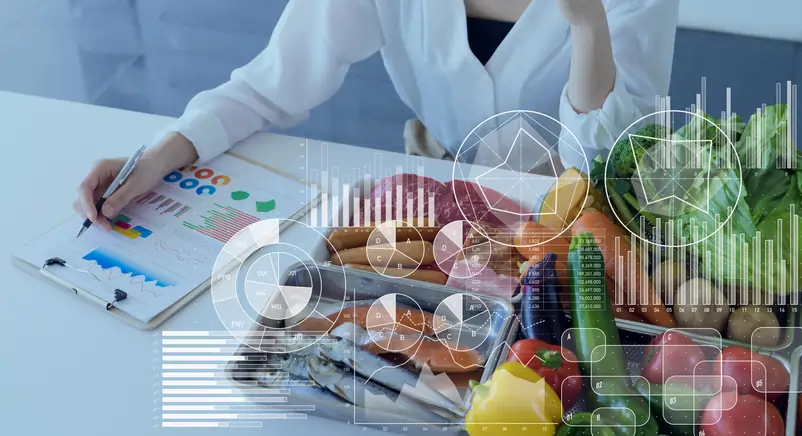
Innovations in Food Technology for Sustainable Production and Consumption
Introduction
In recent years, the food industry has been undergoing a significant transformation driven by the growing demand for sustainable practices. Innovations in food technology have played a crucial role in revolutionizing the way we produce, distribute, and consume food. From reducing food waste to developing alternative protein sources, these innovations are shaping the future of food towards a more sustainable and environmentally friendly direction.
Introduction to Sustainable Food Technology
Sustainable food technology focuses on creating solutions that minimize the environmental impact of food production and consumption while ensuring food security and nutritional value. These innovations encompass a wide range of practices, including sustainable agriculture, food processing, packaging, and distribution.
Sustainable Agriculture
One of the key areas of innovation in sustainable food technology is sustainable agriculture. This includes practices such as precision agriculture, which uses technology like GPS and sensors to optimize the use of inputs such as water and fertilizers. Other innovations include vertical farming, which allows for the production of food in urban areas using less space and resources than traditional farming methods.
Alternative Protein Sources
Another area of innovation in sustainable food technology is the development of alternative protein sources. With the growing global demand for protein, traditional livestock farming is facing challenges such as deforestation and greenhouse gas emissions. Innovations such as plant-based proteins, cultured meat, and insect-based foods offer sustainable alternatives that require fewer resources and have a lower environmental impact.
Food Waste Reduction
Food waste is a significant issue in the food industry, with an estimated one-third of all food produced globally being wasted. Innovations in food technology are helping to reduce food waste at various stages of the supply chain. For example, apps and software are being developed to help consumers track and reduce their food waste, while packaging innovations such as edible packaging and smart labels are extending the shelf life of food products.
Precision Agriculture
Precision agriculture is a farming management concept that uses technology to optimize crop yields and reduce waste. By using data analytics, farmers can make more informed decisions about when and where to plant, water, and fertilize their crops. This not only improves efficiency but also reduces the environmental impact of farming by minimizing the use of inputs such as water and chemicals.
Biodegradable Packaging
Packaging is a significant contributor to environmental pollution, with much of it ending up in landfills or oceans. Innovations in biodegradable packaging offer a sustainable alternative to traditional plastic packaging. Materials such as bioplastics, made from renewable resources such as corn starch, are being used to create packaging that breaks down naturally, reducing the environmental impact of packaging waste.
Vertical Farming
Vertical farming is a revolutionary approach to agriculture that involves growing crops in vertically stacked layers. This method uses less space and resources than traditional farming methods, making it ideal for urban areas where land is limited. Vertical farming also allows for year-round production, reducing the need for long-distance transportation of fresh produce.
Smart Farming
Smart farming refers to the use of technology such as sensors, drones, and AI to optimize farming practices. These technologies can monitor crop health, soil conditions, and weather patterns, allowing farmers to make data-driven decisions that improve yields and reduce environmental impact. Smart farming also enables precision agriculture, where inputs such as water and fertilizers are applied only where and when they are needed, reducing waste.
Conclusion
Innovations in food technology are driving a paradigm shift in the way we produce and consume food. From sustainable agriculture practices to alternative protein sources and food waste reduction initiatives, these innovations are paving the way for a more sustainable and environmentally friendly food system. By embracing these innovations, we can ensure a healthier planet for future generations while meeting the growing global demand for food.


